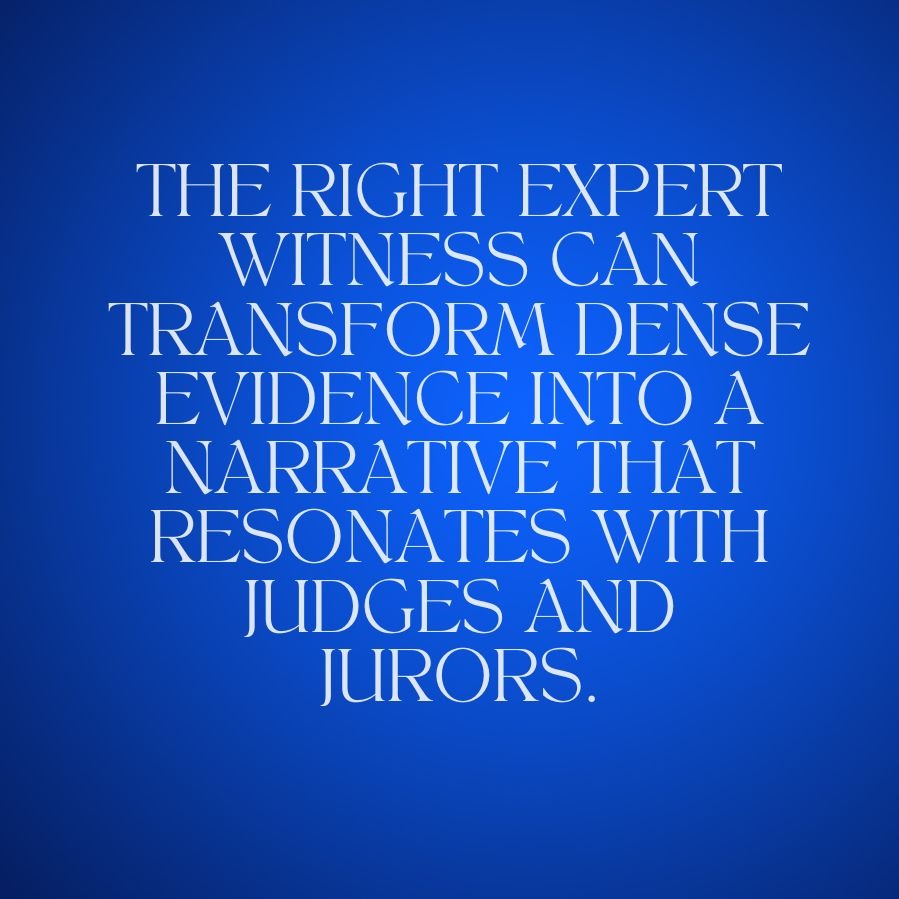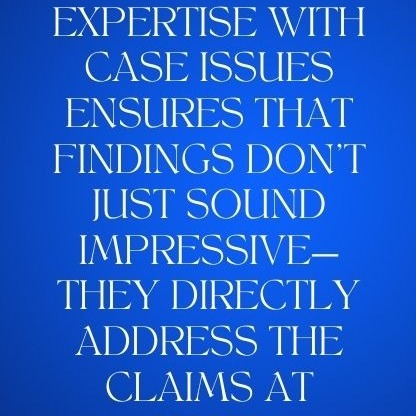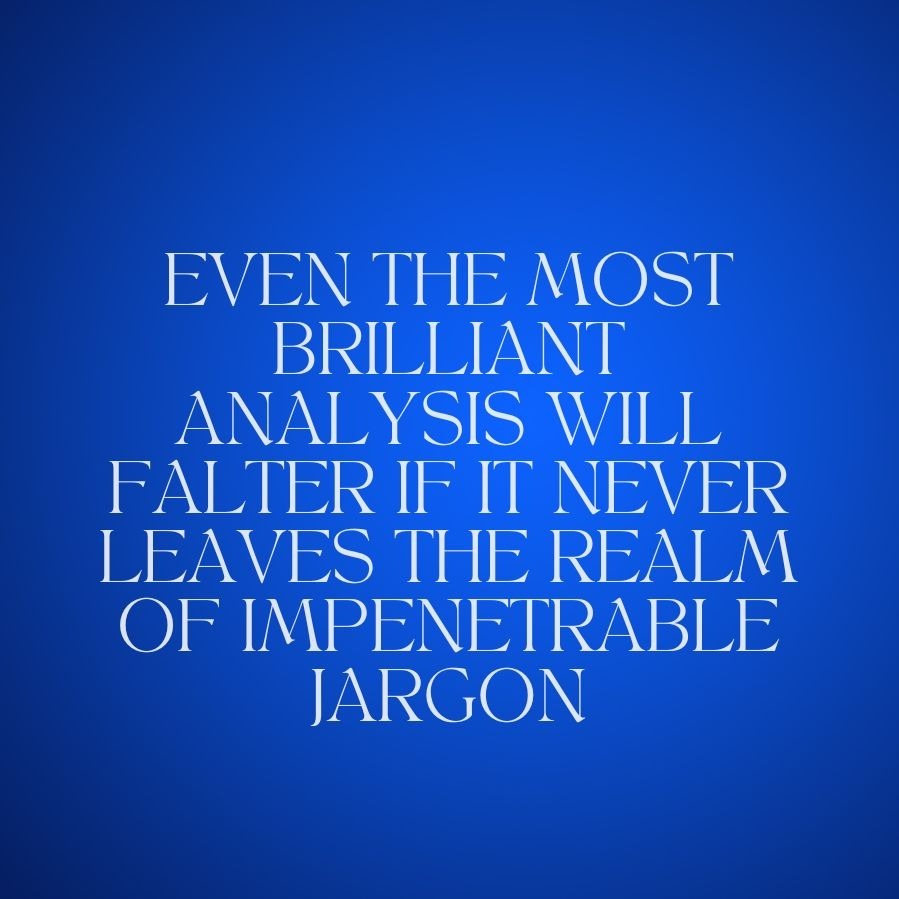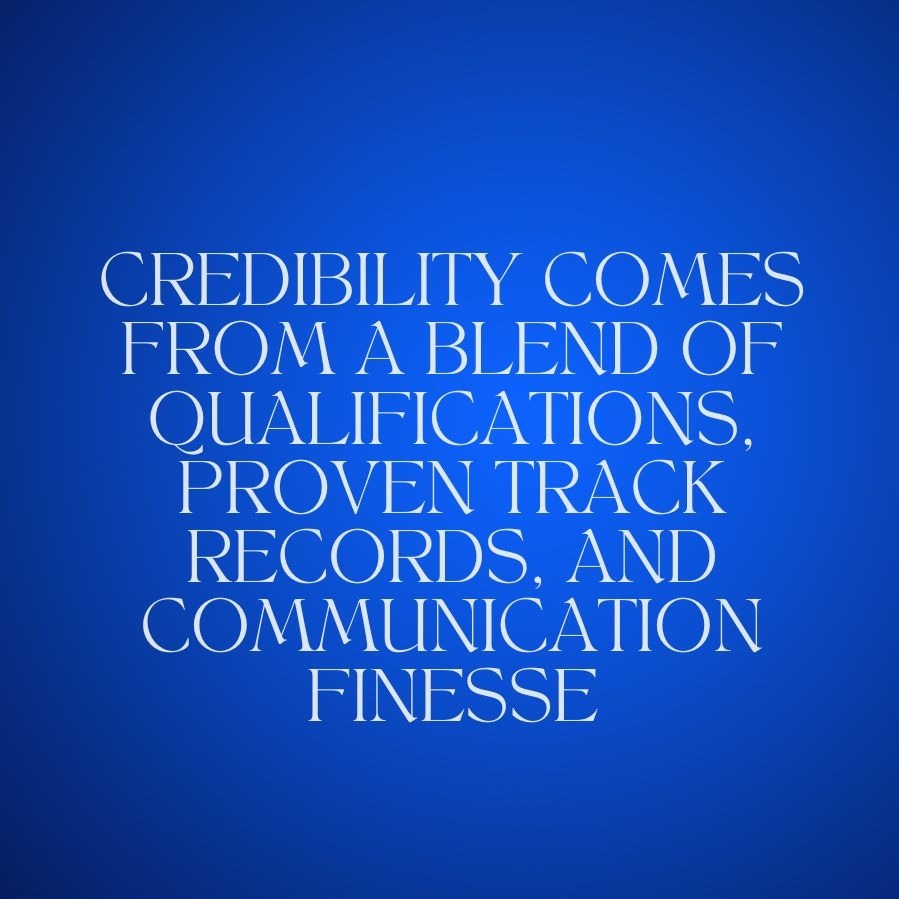Economic Damages Experts: The Key to Winning Complex Cases

High-stakes litigation demands more than just strong arguments—it requires evidence that withstands scrutiny, communicates effectively, and leaves no room for doubt. Imagine preparing for a multimillion-dollar case involving lost profits or breach of contract. Every number, projection, and economic model presented will face relentless cross-examination. For attorneys, ensuring their expert witness can rise to this challenge isn’t optional—it’s essential.
Economic damages experts are often the linchpin of complex cases. Their insights can tip the scales of justice, providing the clarity and precision needed to make informed decisions. This article explores the critical role of economic damages experts in litigation, common pitfalls to avoid, and actionable strategies for choosing the right expert to strengthen your case.
Why Economic Damages Experts Are CrucialThe Role of Economic Damages Experts
Economic damages experts provide specialized knowledge to quantify financial harm in litigation cases.
Whether the matter involves lost profits, business valuation, or intellectual property disputes, these experts:
Clarify Complex Financial Data: Simplify technical details for judges and juries.
Strengthen Case Credibility: Deliver testimony that aligns with accepted methodologies.
Quantify Damages Precisely: Calculate accurate financial damages to support your argument.
Key Areas of Expertise
Business Valuation: Estimating the value of businesses, particularly in M&A disputes or bankruptcy cases.
Lost Profits Analysis: Determining financial loss due to breaches of contract or other interruptions.
Intellectual Property: Valuing intangible assets such as patents, copyrights, and trade secrets.

Forensic Accounting: Investigating financial discrepancies or fraud.
Economic Forecasting: Analyzing market trends to predict future financial outcomes.
Case Study: When the Wrong Expert Undermines a Case
A notable example highlights how selecting an unqualified expert can unravel months of preparation.
Case Overview
In a breach of contract case, the plaintiff relied on a financial analyst with limited litigation experience to quantify damages.
While the expert had academic credentials in economics, they lacked practical experience in the specific industry involved.
What Went Wrong?
Inadequate Industry Knowledge: The expert’s assumptions failed to reflect industry-specific trends, leading to an inaccurate damages calculation.
Methodological Errors: The expert relied on speculative data, which opposing counsel easily dismantled.
Poor Courtroom Performance: The expert struggled under cross-examination, damaging their credibility and, by extension, the case.
Outcome
The court excluded the expert’s testimony, forcing the attorney to scramble for a new expert mid-trial. The case outcome suffered, and the attorney faced reputational harm for presenting unreliable testimony.
How to Choose the Right Expert
1. Identify Specific Expertise Needed
Different cases require different specialties. For example:
Patent Litigation: Seek experts experienced in valuing intellectual property.
M&A Disputes: Look for professionals with corporate finance and transaction experience.
Breach of Contract Cases: Focus on those skilled in lost profits analysis.
By aligning the expert’s credentials with the case’s unique needs, you increase the likelihood of admissible and impactful testimony.

2. Conduct Comprehensive Research
Finding the right expert takes diligence. Attorneys should:
Leverage professional networks and referrals.
Consult expert witness services like ExpertConnect Litigation Support, which pre-screens experts for courtroom readiness.
Review academic publications and industry affiliations to verify expertise.
3. Evaluate Credentials and Experience
Ensure the expert has:
Relevant Certifications: Credentials such as CFA (Chartered Financial Analyst) or ASA (Accredited Senior Appraiser) reflect technical proficiency.
Industry Experience: Real-world experience in the relevant field enhances credibility.
Litigation Track Record: Prior courtroom experience demonstrates their ability to testify effectively.
4. Screen for Bias and Conflicts of Interest
Even the appearance of bias can damage your case. Conduct thorough background checks to ensure the expert:
Has no ties to the opposing party.
Maintains a history of impartial, objective testimony.
5. Assess Communication Skills

The best expert isn’t just knowledgeable—they’re also persuasive. Evaluate their ability to:
Simplify complex concepts for lay audiences.
Stay composed and clear under cross-examination.
Mock trials and interviews can help gauge the expert’s presentation skills.
6. Test Their Methodologies
Before committing, provide case materials and request a preliminary analysis. This allows you to:
Evaluate their approach to calculating damages.
Identify potential weaknesses in their methodology.
7. Balance Cost with Quality
While budget constraints are a reality, compromising on expertise can prove costlier in the long run. Attorneys should:
Compare fee structures across multiple experts.
Assess the expert’s potential impact on the case outcome.
8. Collaborate Early and Often
Involve your expert early in the litigation process to:
Strengthen case strategy.
Develop a coherent narrative that integrates their testimony seamlessly.
The Benefits of Using an Expert Witness Network
Litigation support services like ExpertConnect Litigation Support simplify the expert selection process. Their services provide:
Access to Pre-Screened Experts: Quickly find professionals with proven expertise.
Credential Verification: Avoid vetting difficulties with comprehensive background checks.
Time Savings: Reduce the time spent searching for and evaluating candidates.
By leveraging such services, law firms can focus on case strategy rather than administrative hurdles.
Avoiding Common Pitfalls in Expert Witness Selection Rushing the Process
Time constraints often lead to hasty decisions. Begin your search early and use reputable expert witness networks to streamline the process.
Overlooking Methodological Soundness
Ensure the expert’s methods align with accepted standards to avoid challenges under the Daubert standard.
Ignoring Industry-Specific Experience
Generalists may lack the nuanced knowledge needed for specialized cases, making industry experience non-negotiable.
Conclusion: Your Case Deserves the Best
Economic damages experts are indispensable in high-stakes financial litigation.
Their analysis and testimony can clarify complex matters, strengthen your arguments, and sway outcomes in your favor. However, the right expert doesn’t just walk through your door—they’re found through meticulous vetting and strategic planning.
For attorneys seeking to streamline this process, ExpertConnect Litigation Support offers access to a screened expert witness network. By connecting you with courtroom-ready professionals, ExpertConnect ensures your case benefits from credible, reliable testimony.
Visit ExpertConnect Litigation Support today to find the ideal economic damages expert for your next case.